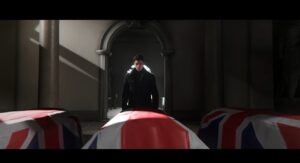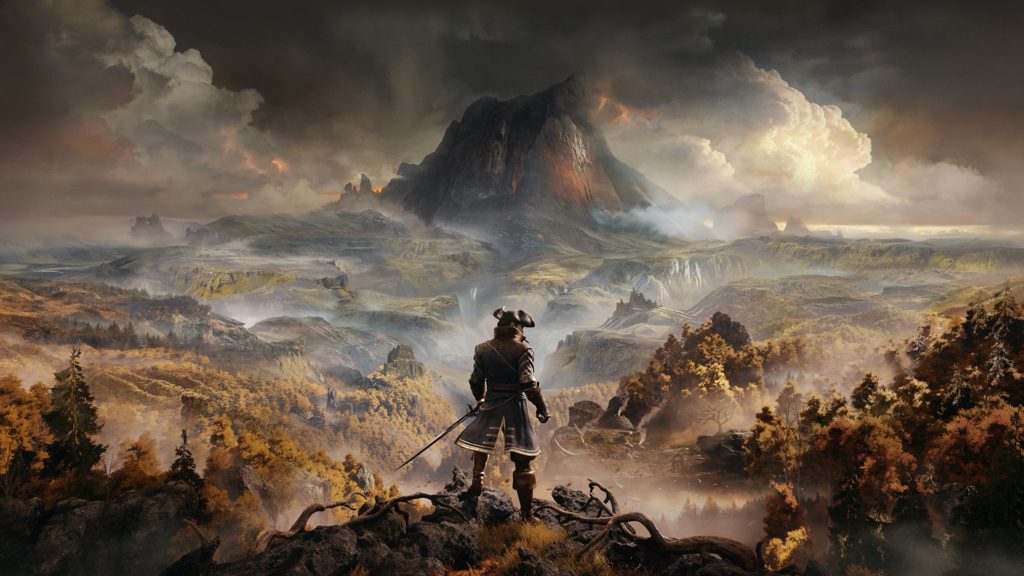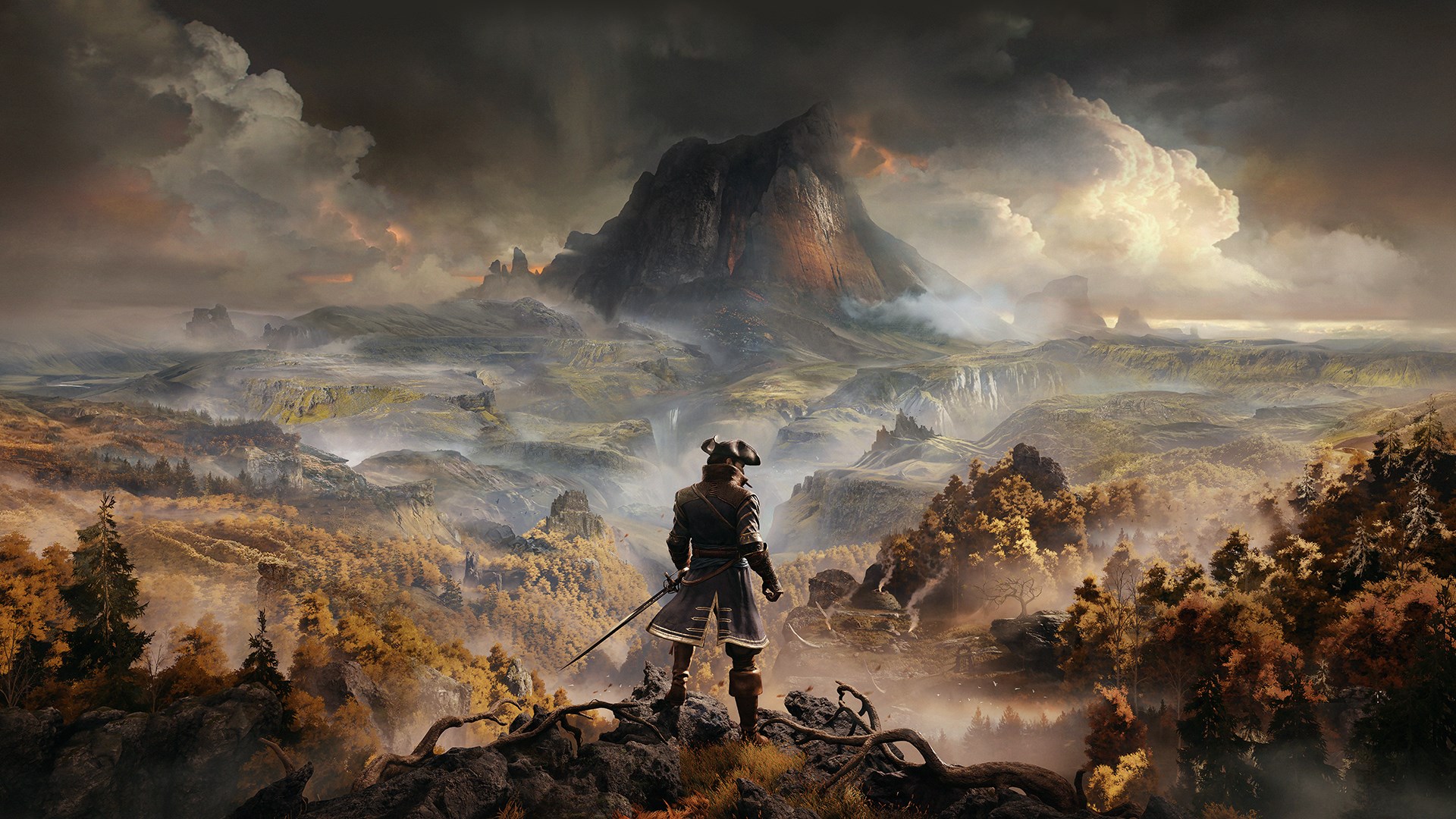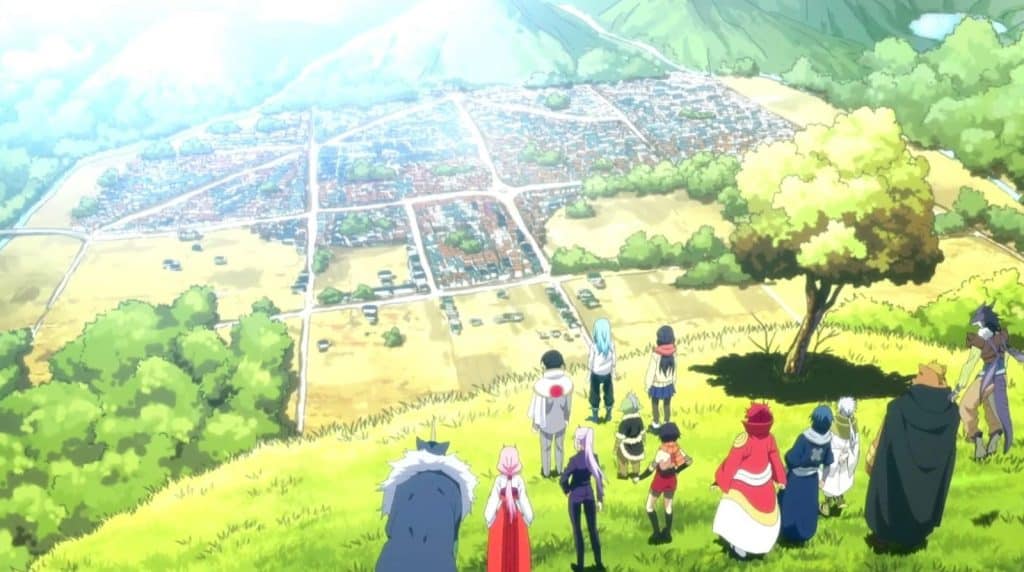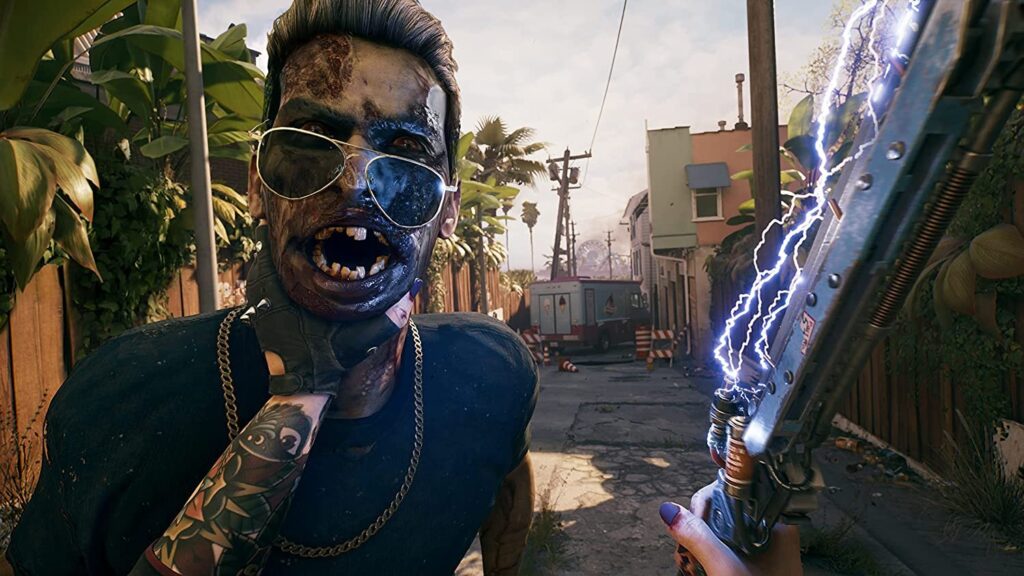Greedfall is a type of game that gives you plenty of choices. Want to be a master swordsman who hacks-and-slashes through opponents while equipped with heavy armor? Go right ahead. A powerful mage that casts spells from a distance? Go right ahead. A sneaky rogue with a lot of bombs, traps, and tricks up their sleeves? Go right ahead.
Players of Dragon Age, The Witcher 3, and Fable might find themselves familiar with how the game sets up itself up. Greedfall gives its players a variety of choices on how they want to approach a scenario, allowing them to play the game how they want. Don’t want to lower your standing with a certain faction? Then charm your way with your silver tongue to avoid an otherwise nasty confrontation, or perhaps simply lock pick the chest with the crucial documents you needed to complete the quest. The choice is entirely yours.
The many different ways that you can accomplish your objective has been Greedfall’s selling point. But whether or not it succeeds, depends on how much you can tolerate the game’s numerous glitches and bugs, design flaws, and bad AI.
Greedfall has you going to the newly discovered island of Teer Fradee as the Ambassador of the Congregate of Merchants. Accompanying your cousin, who is the newly appointed governor, of the recently established colony, your task is to find a cure for the Malichor, a disease that ails the protagonist’s mother. From the get-go, Greedfall sets its story up pretty nicely and players can find themselves rather immersed in the protagonist’s quest. Unfortunately, the main quest is somewhat sidetracked by so many other tasks that you have to do. So don’t be surprised if you wind up forgetting why you’re there in the first place.
Which brings us to the many tasks the protagonist has to keep track of. They are responsible for the relations between nations, settling potential scuffles, solving crimes on the street, and occasionally tending to your needy companions. The factor that in with having to solve the island’s mysterious roots as well as finding the cure for Malichor, you could say that the protagonist is going to be very busy.
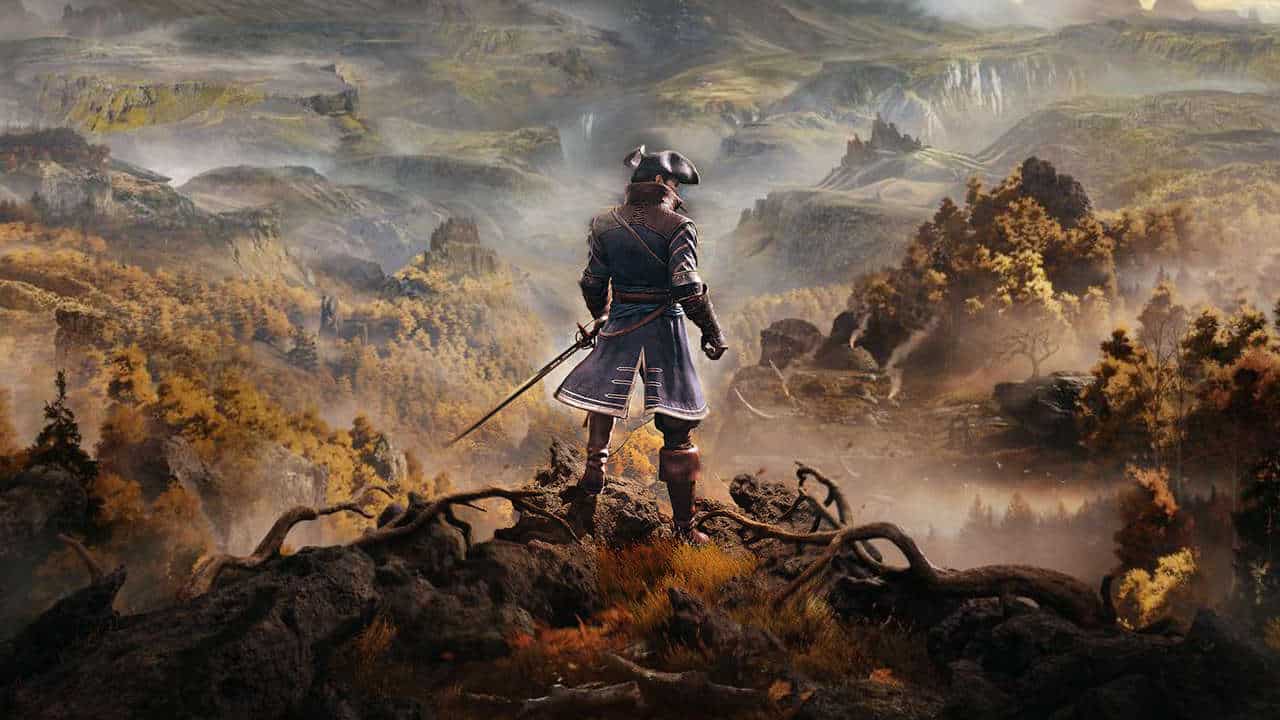
From the start of the game, you’re able to customize your character, De Sardet, how ever you’d like. Although the character customization isn’t extensive in physical appearance, it does the job well enough. What’s bothering, however, is the mark underneath the right side of your character’s face which can easily be confused for an overgrown sideburn at first glance. Unfortunately, there is no way to get rid of it as it is pretty much a plot device.
Strangely enough, you’ll have people commenting on how much your character looks like “one of the natives” in Teer Fradee regardless of how you customize your character. Seemingly because of a single mark underneath your chin.
Furthermore, you’re not really creating your own character background as De Sardet already has a portfolio of their own. You can choose between male or female, character appearance, and class but that’s about it.
There are three main classes to choose from: Warrior, Mage, and Technician. Each class has its own fighting style, benefits, and capabilities you can utilize in the battlefield.
Warriors are the brute force of the game. Wear heavy armor, deliver powerful swings, and protect your team from enemy attacks. Out of all the classes, the warrior is the most direct route to conflict.
Mages are the most disappointing class to use. To explain, magic is unfortunately rather unimpressive in this game, and it’s clear that it isn’t very prioritized by the developers. It can be used by rings you equip which spew out generic magical bolts at enemies as the basic attack or use a “magical punch” as your heavy alternative. While you have a variety of useful spells such as Stasis or a magical dodge ability, the fact that you have to manage mana resource while protecting yourself makes the mage class very discouraging to play. There isn’t really a whole lot of spells in the game. The only real upside is the fact that magic attacks ignore armor.
Technicians are by far the most fun and extensive. They are the alchemist of Greedfall as you will make and utilize potions, bombs, and traps to turn the tide into your favor. This class basically makes magic obsolete as technicians can make potions with the same property as magic with only a few limitations and throw them at the enemy.
Combat in Greedfall is fun but can be lacking at times. You have your basic attack and your alternative. Depending on what weapon your using, your basic can either be a magic bolt or a swift stab and your alternative can be a magical punch or a stunning kick. You can also pause combat at any time to get a better view of the battlefield should you desire it.
Pausing combat is more useful for the technician class, as you can set up traps and figure out where to throw your potions. As a mage, you’d have a bit of use for it if you want to pick which spell to cast if you haven’t utilized the shortcut keys for it. Otherwise, you’ll use this feature to read enemy data, go through your inventory, and scout the battlefield.
Your abilities can also be locked into hotkeys. If you want a shortcut on your health potion, you can quickly assign in on the D-pad. Guns as well aren’t equipable by orthodox means. They are labeled as a skill and is limited by how much ammo you can carry.
Combat in Greedfall can be fun. Like Witcher 3, you can either parry or dodge attacks from enemies. Not everything can be parried. Combat isn’t stale here and has you moving around the battlefield utilizing your skills to gain the upper hand. Do well enough and you can even turn a tide to an otherwise unbeatable opponent far beyond your level.
Enemies in Greedfall can range from fair to downright frustrating, however. Some enemies such as bats are a nightmare to deal with as each attack deals poison and eats up a large chunk of your health. This winds up one of the main reasons why teammates die easily.
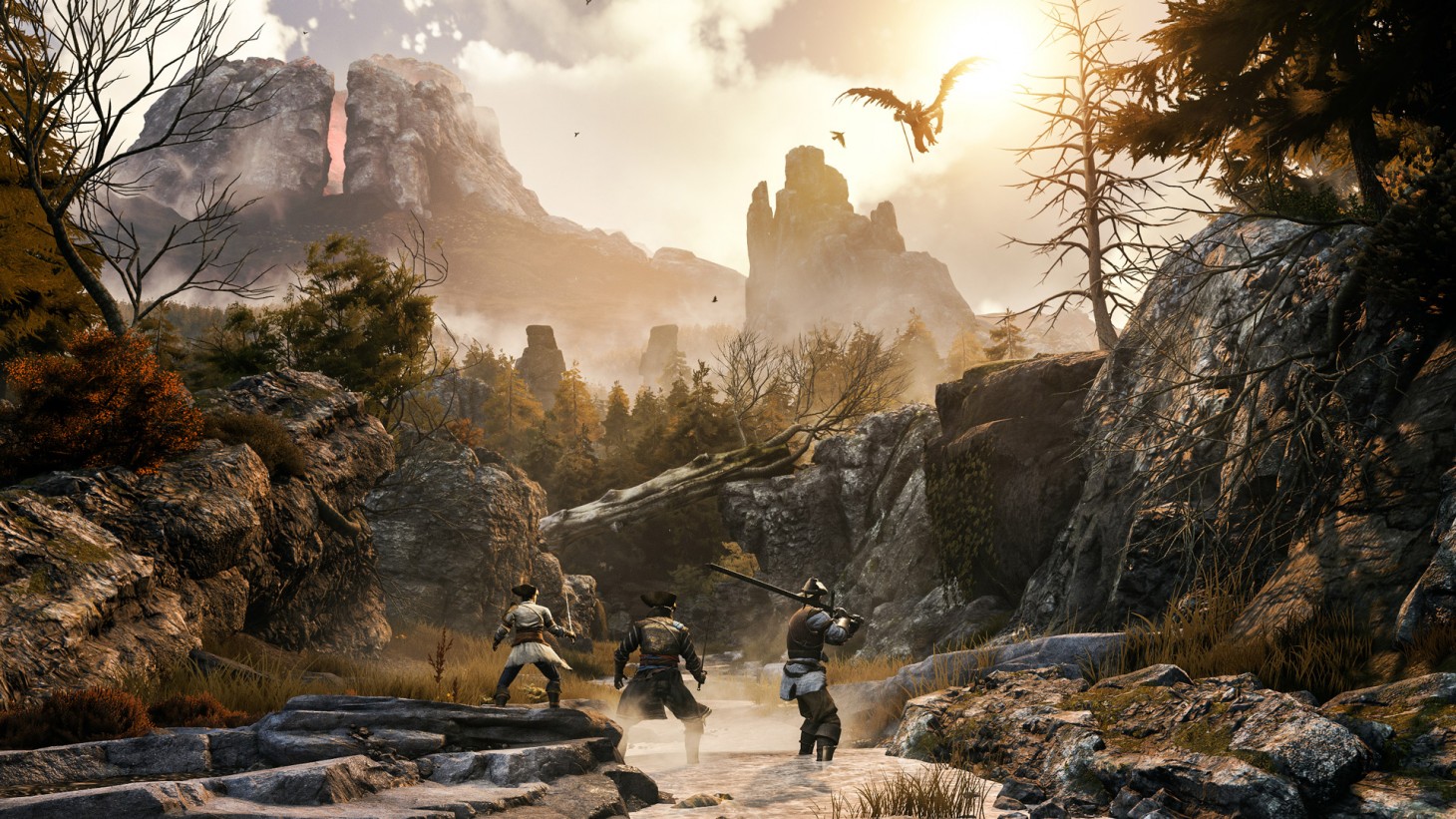
Crafting equipment is quite extensive. You can improve parts of your armor, apply an accessory the boosts one of your stats, and make your weapons deadlier. All of which are profoundly useful in the battlefield as your equipment can either make or break a fight for you, especially on harder difficulties.
To add to that, you also have to manage and upgrade your companions’ equipment as not doing so will make them rather vulnerable on the battlefield. And some companions, such as Siora, carry a low-status armor which kills them rather quickly.
Your companions, for one thing, aren’t really too customizable. You can’t choose how they act on the field, and this has led to them dying more than quite a few times for me. They attack enemies on their own, and it’s a bit disappointing to see that we can’t encourage them to attack a specific opponent.
If you pay attention to your companion’s needs, they can become friends with you. And being friends with them carries benefits (no pun intended), as they will give you bonus stats depending on where they stand with you. Father Petrus, for example, will give you a boost in Charisma should you finish his quests.
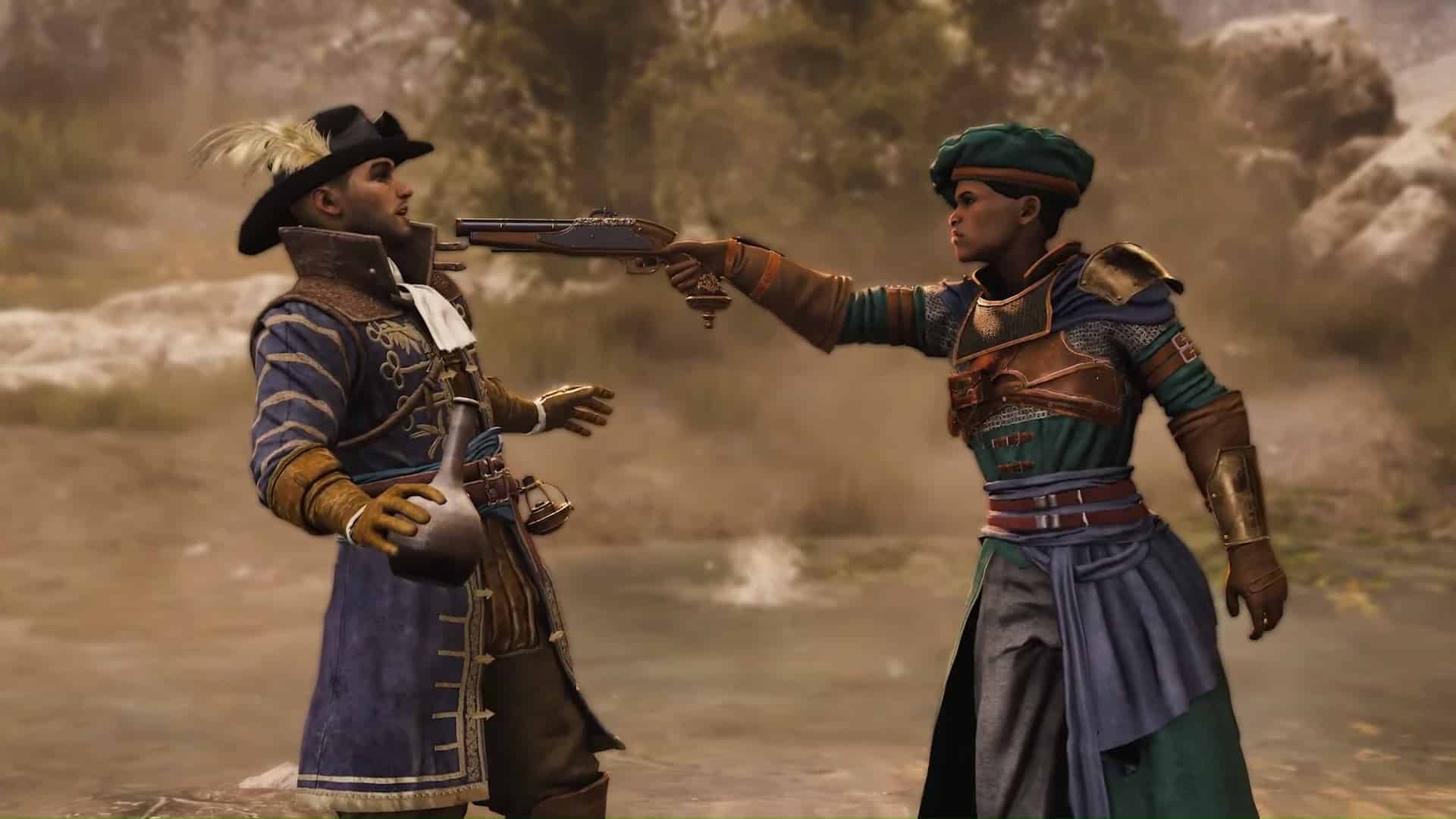
Many quests can also depend on your character stats. If De Sardet is too low on his lock picking skill, then you’re going to have to find the key. If he’s charming enough, then he has a higher chance of avoiding a tense confrontation altogether.
Greedfall offers a plausible tutorial disguised as a series of quests before you leave the mainland for Teer Fradee. In the beginning, you’ll have no trouble having to navigate your way throughout the game’s extensive mechanics.
Greedfall is a relatively easy game to get consumed by. With its numerous quests, extensive character customization, and rich lore there are a ton of things to preoccupy your attention.
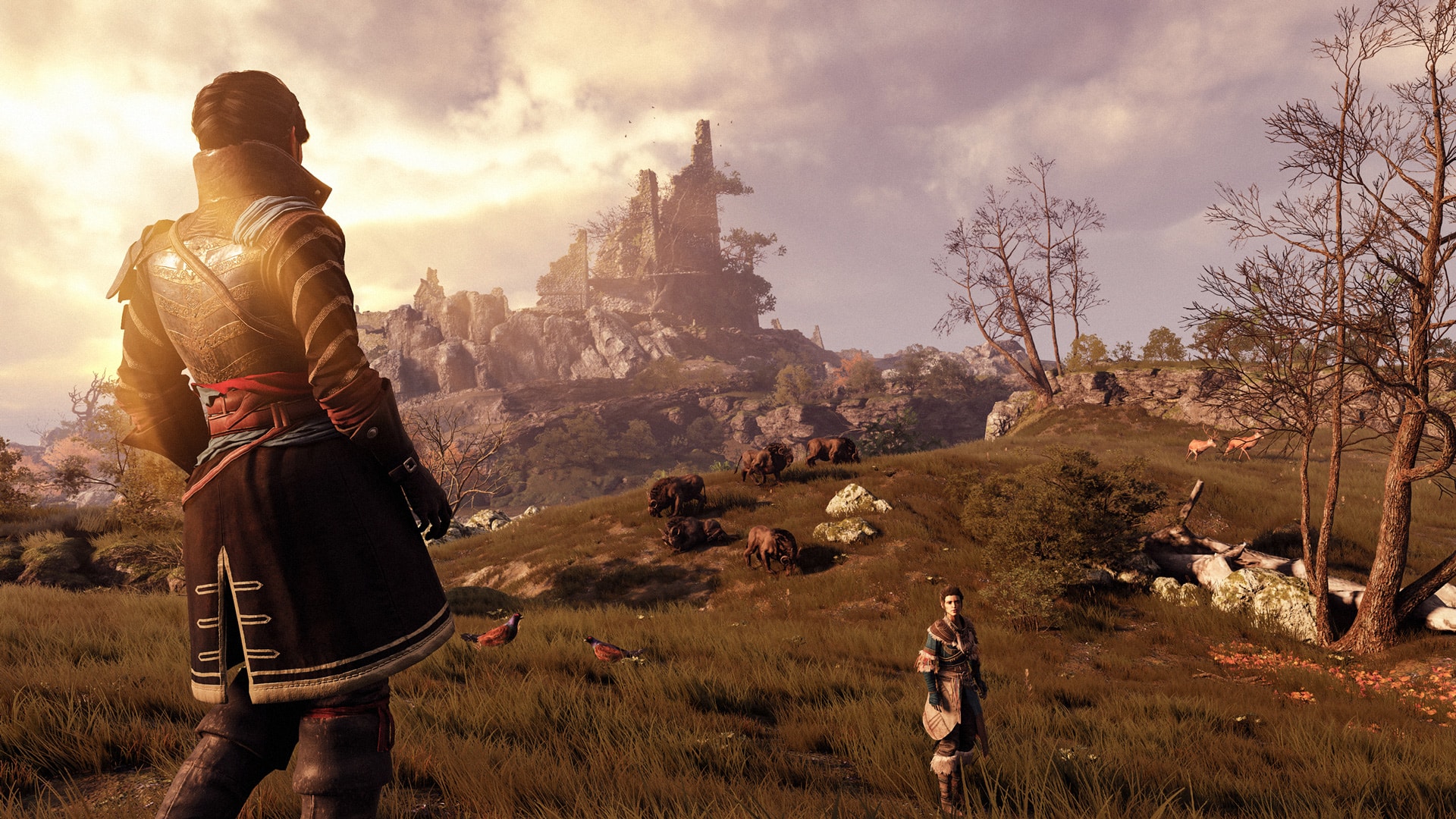
However, that’s not to say that Greedfall doesn’t have its flaws.
Immersion can be challenging at times especially if one pays attention to the lip sinking. While this isn’t a huge minus for the game, character models can seem weird when they’re saying something that doesn’t match their mouths. Alternatively, the camera placing isn’t too good depending on where you’re having your conversation. It can float behind walls or inside an NPC’s head if there isn’t enough room.
Glitches can also be a challenge. One intense scene has a nameless NPC walk right through another character which killed the entire scene. Depending on your experience, the game can be full of these.
Music is also uninspiring. The soundtrack isn’t really memorable and you’ll find yourself not even noticing it is even there.
Most companions’ personalities aren’t interesting at first glance. With a few exceptions, they really aren’t too interesting until you dive into their pasts. Which isn’t encouraging at all since they aren’t really charismatic enough to be memorable. You might find it difficult to care about their problems and opinions.
Despite the rich lore Greedfall has, its execution can be lackluster. The presentation of its factions, with the exception of the Inquisition, were boring and uninteresting. It doesn’t make you want to care about the culture of the rich and diverse Teer Fradee.
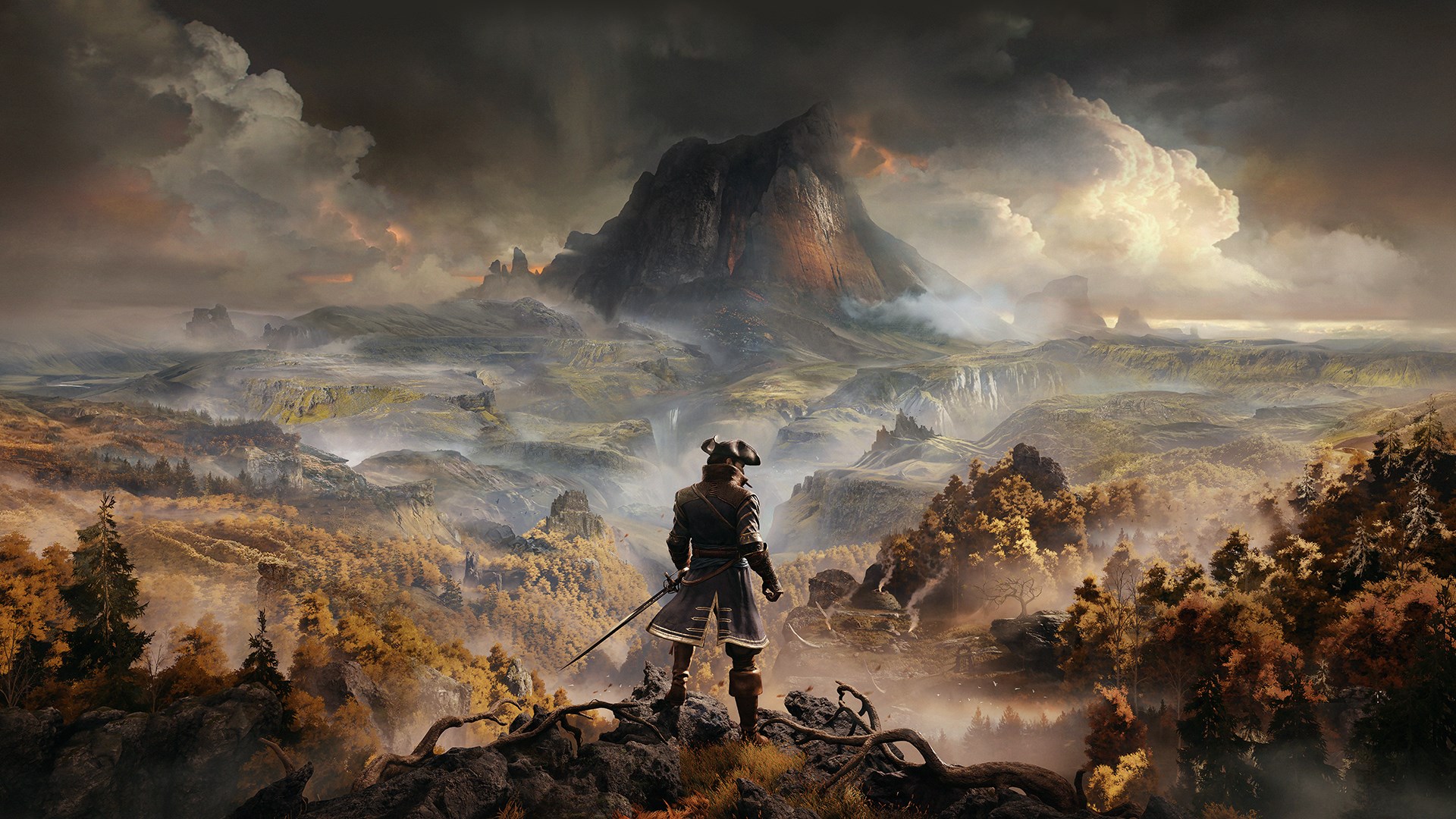
Overall, Greedfall is an amazing game that many will have fun with.
While not to say that Greedfall has left a mark in history, it is nevertheless quite the RPG that players can drown themselves in. You will spend hours upon hours in this game grinding your character from the ground up to become take out any opposition and craft your own ending.
Disclosure: This review is based on a review code provided by Focus Home Interactive. Read our review policy to know how we go with our game reviews.
Tested on: PS4

